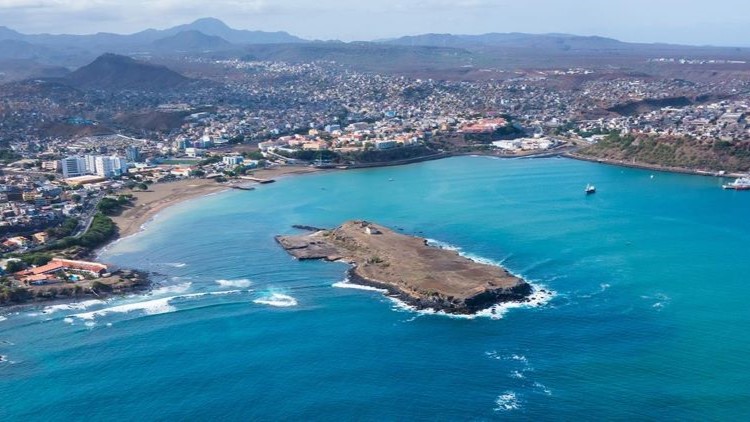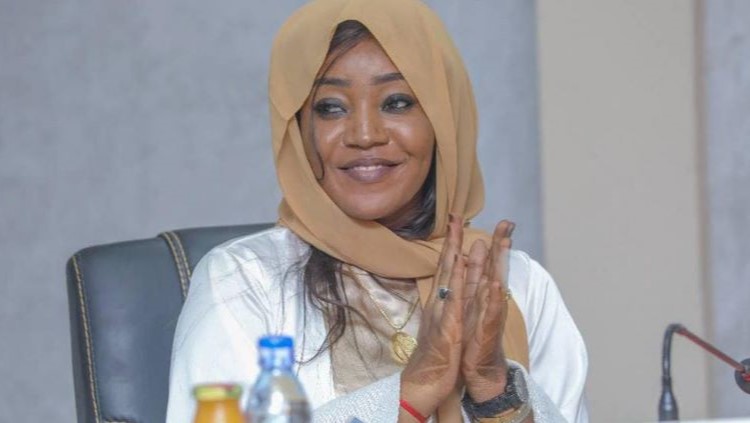The Diplomat
The Council of Ministers referred last Tuesday to the Spanish Parliament the agreement between Spain and Cape Verde on the free exercise of remunerated activities by dependent family members of diplomatic, consular, administrative and technical personnel of the Diplomatic Missions and Consular Posts, while authorizing the manifestation of Spain’s consent to be bound by said agreement.
This agreement, according to the Government, seeks to gather and legally regulate “the legitimate interests and expectations”, in relation to the remunerated activities, of the dependent family members of the diplomatic and consular agents and administrative officials accredited in the diplomatic missions of Spain abroad and of the personnel at the service of the representations before international organizations.
According to the Government, this agreement responds to “the social transformation that Spain has undergone in recent decades”, which “has also been reflected in the figure of the partners and dependents of Spanish foreign service officials”, which has evolved to “a different profile from the traditional one”.
“The vast majority of them have an academic background, higher or university degrees, technical training and work experience that they do not wish to interrupt, but, on the contrary, wish to develop while accompanying their partner in the performance of an official mission abroad,” the Executive continued. “So that these legitimate aspirations can be translated into reality, and in order to facilitate the reconciliation of work and family, Spain has ratified agreements of this nature with thirty-three States,” it added.
The agreement was signed in Praia on March 29, 2022 by the Spanish Ambassador to Cape Verde, Maria Dolores Rios Peset, and the Secretary of State for Foreign Affairs and Cooperation of Cape Verde, Miryan Djamila Sena Vieira, following authorization by the Council of Ministers on January 25, 2022.
Based on similar agreements signed with other countries, the beneficiaries of these measures are spouses (or partners in a union analogous to a marital union, registered and in force in a public registry), unmarried children under 21 years of age living under the care of their parents, children under 23 years of age attending higher education institutions and unmarried children living under the care of their parents who are physically or mentally handicapped.
In principle, there should be no restrictions on the nature or kind of employment that may be performed (always in accordance with the rules governing the exercise of such professions or activities in the receiving State) and authorization may be refused only for reasons of security or to safeguard the interests of the State or public administration. Family members do not enjoy the civil and criminal immunity deriving from the Vienna Convention on Consular Relations or on Diplomatic Relations with respect to activities related to their employment, which are subject to the applicable law and the corresponding courts of the receiving State.






